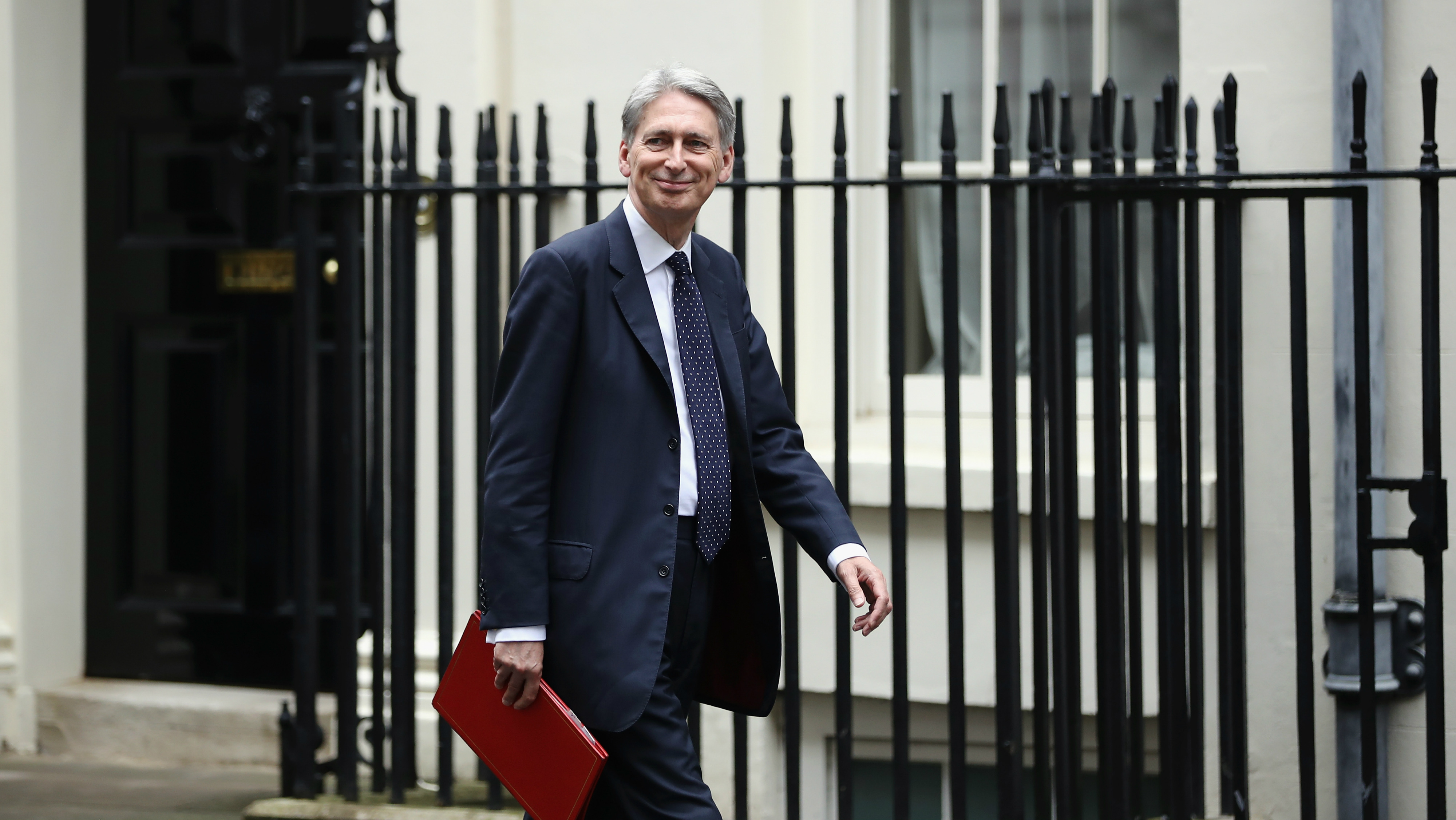Brexit, the single market and City passporting rights
Why leaving the EU could have a devastating effect on banks based in the UK

A free daily email with the biggest news stories of the day – and the best features from TheWeek.com
You are now subscribed
Your newsletter sign-up was successful
Can post-Brexit Britain retain access to the single market?
27 June
On Thursday Britons voted by a narrow margin to leave the European Union, but nobody is quite sure what this means in practice.
The Week
Escape your echo chamber. Get the facts behind the news, plus analysis from multiple perspectives.

Sign up for The Week's Free Newsletters
From our morning news briefing to a weekly Good News Newsletter, get the best of The Week delivered directly to your inbox.
From our morning news briefing to a weekly Good News Newsletter, get the best of The Week delivered directly to your inbox.
Of particular concern is the tricky question of access to the European single market, which almost every economist reckons is good for British business and the country's economy.
What is the single market?
It's an economic arrangement that underpins the EU, which allows tariff-free trade across the continent and gives UK exporters open access to a market of 500 million people.
Catherine Barnard, professor of EU law at the University of Cambridge, writes in Full Fact that the aim is "to make it as easy to trade between London and Lisbon as it is between London and Liverpool".
A free daily email with the biggest news stories of the day – and the best features from TheWeek.com
So will Britain come out of it now?
Not necessarily. There are 31 members of the European Economic Area that also operates within the single market, comprising the 28 EU members plus Iceland, Liechtenstein and Norway. Switzerland also has access by virtue of a range of bi-lateral arrangements with the EU.
As part of the post-Brexit negotiations it is entirely possible the UK could agree to a deal that gives access to the single market. Almost all economists reckon this would be good for the economy.
Why wouldn't we join up?
Because, as German MP Michael Fuchs, a senior ally of Chancellor Angela Merkel, said today, access will "come at a price". Namely, all states accessing the market have to agree to the "four freedoms" that provide for the free movement of goods, services, money – and, crucially, people.
To stay in the single market, the UK would have to agree to some version of the open borders policy to EU migrants that many voters used their vote to reject last Thursday.
What are the leading Leave figures saying?
Boris Johnson provoked controversy this weekend by arguing in a column for the Sunday Telegraph "there will continue to be free trade and access to the single market". This echoed comments made by Leave supporter and Tory MEP Daniel Hannan on Friday.
But gaining control of Britain's borders was such an important part of the Leave pitch that many voters may end up feeling betrayed if EU migrants continue to have open access to UK jobs.
Are politicians just reneging on their pledge?
Not quite. The reality is that like many claims on both sides of the campaign the position on the single market was set out aggressively in black and white terms, when it is possible there could be an agreement in a shade of grey.
The BBC's Kamal Ahmed said in the lead up to the poll that Leave-supporting business leaders were in talks with their German counterparts on a possible middle ground solution that involves accepting limited free movement of labour for those with a firm job offer only.
There would probably be other concessions, too, like maintaining at least a good portion of the £8.5bn net contribution to the annual EU budget and accepting certain trade restrictions.
How likely is this?
It's difficult to say. It's obviously in the EU's interest to ensure Britain doesn't get any special concessions by leaving the bloc in order to avoid stoking referendum demands elsewhere. But the EU also doesn't want its own wider economic recovery to suffer.
It's worth noting that a pro-EU majority in the House of Commons could potentially force the issue of single market access. This would annoy many – but then the Leave camp did repeatedly assert that the vote was about re-asserting the sovereignty of the UK parliament.
-
 9 products to jazz up your letters and cards
9 products to jazz up your letters and cardsThe Week Recommends Get the write stuff
-
 AI surgical tools might be injuring patients
AI surgical tools might be injuring patientsUnder the Radar More than 1,300 AI-assisted medical devices have FDA approval
-
 ‘Zero trimester’ influencers believe a healthy pregnancy is a choice
‘Zero trimester’ influencers believe a healthy pregnancy is a choiceThe Explainer Is prepping during the preconception period the answer for hopeful couples?